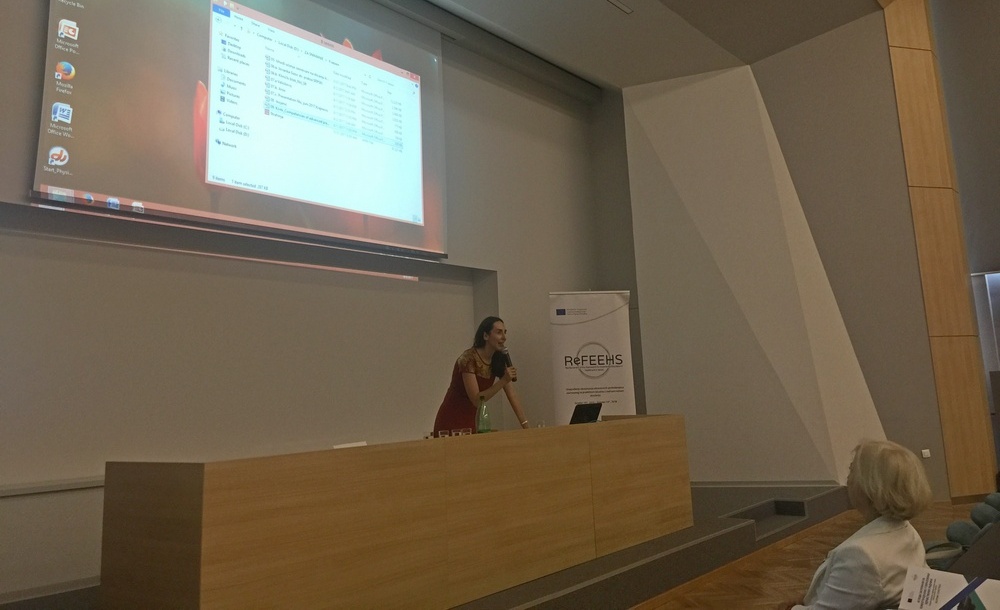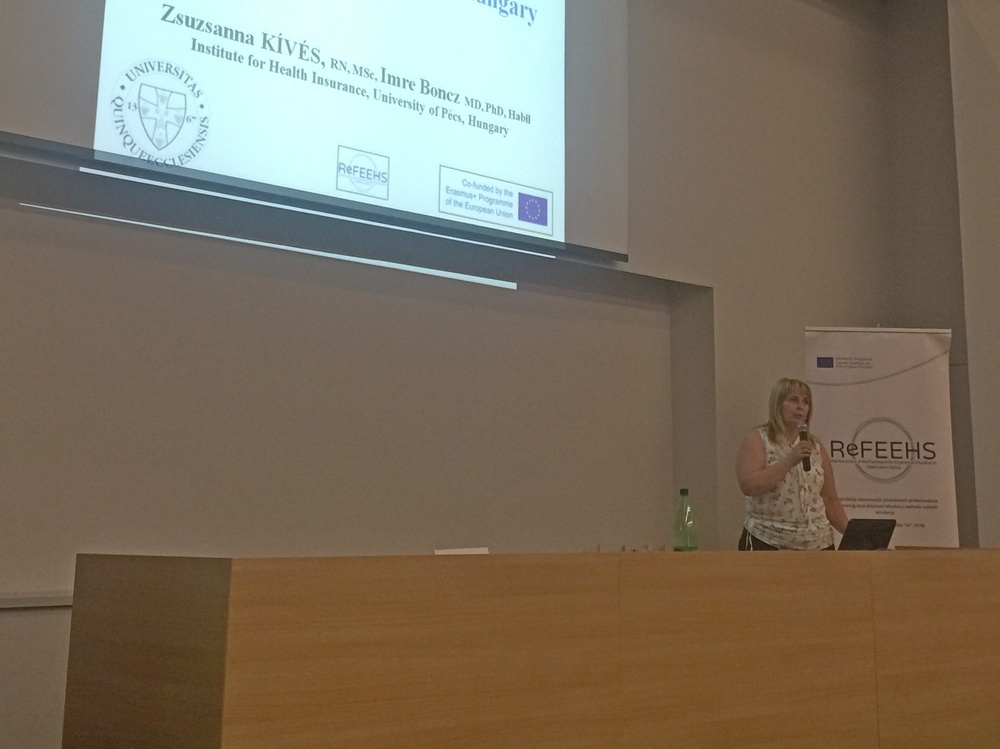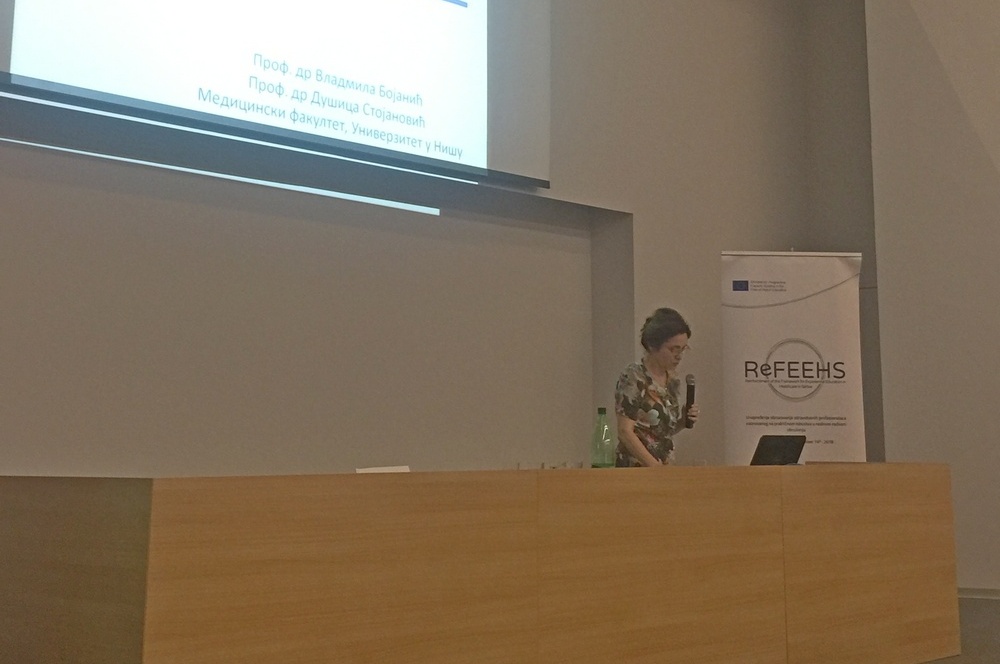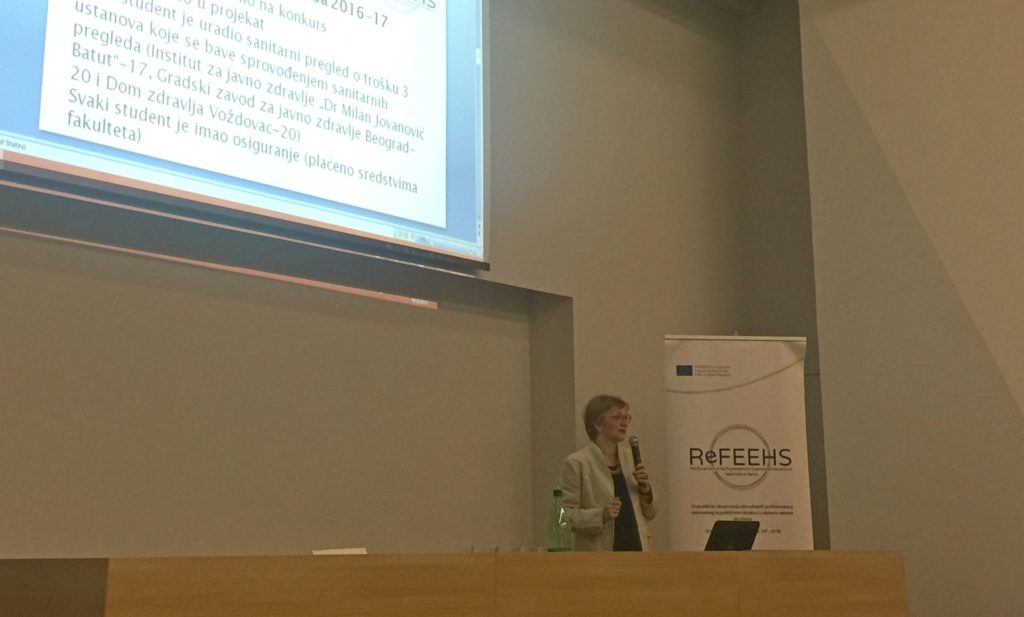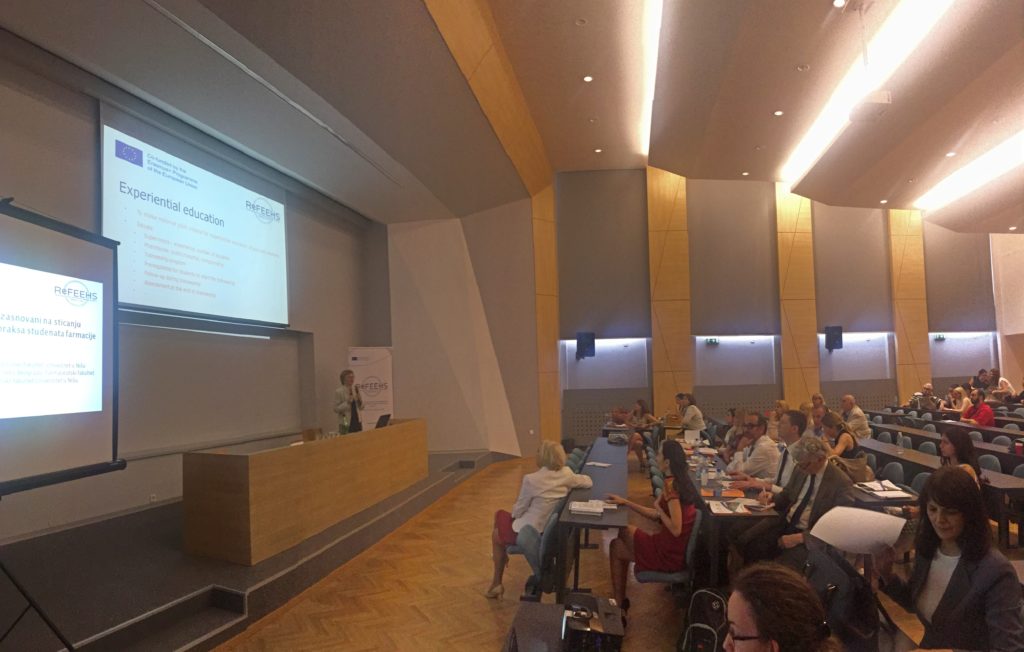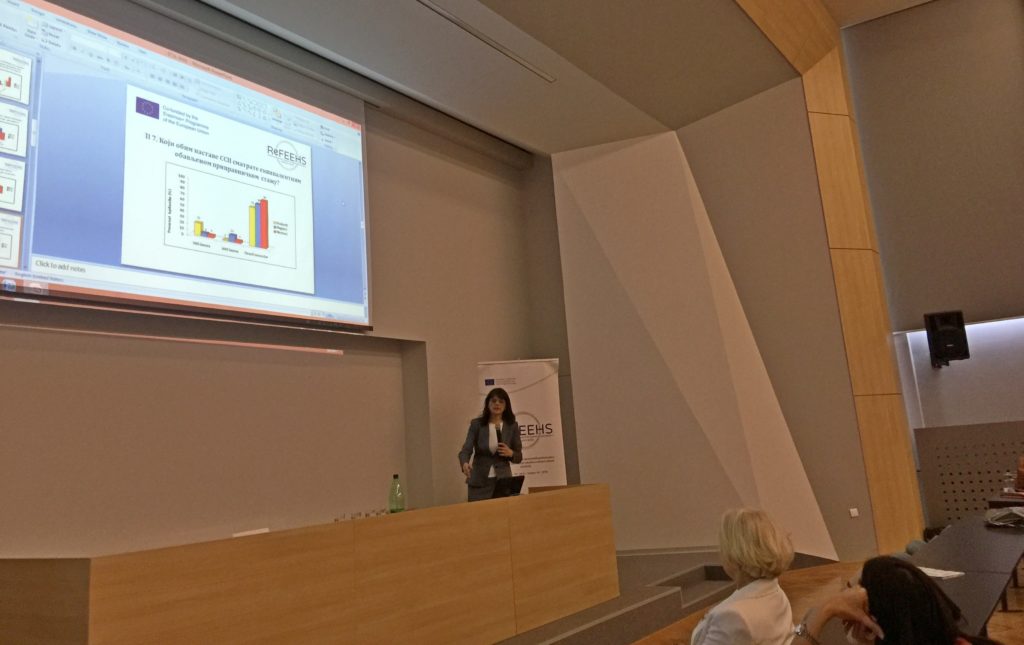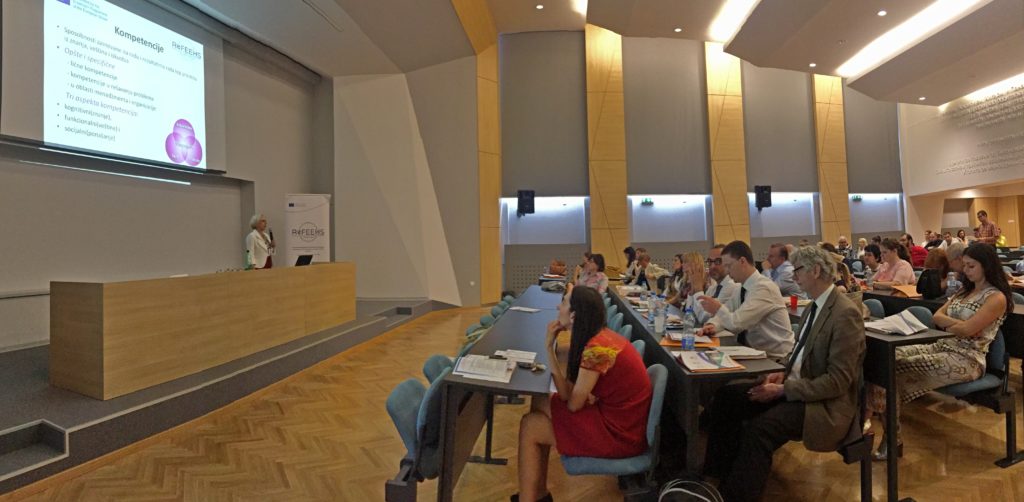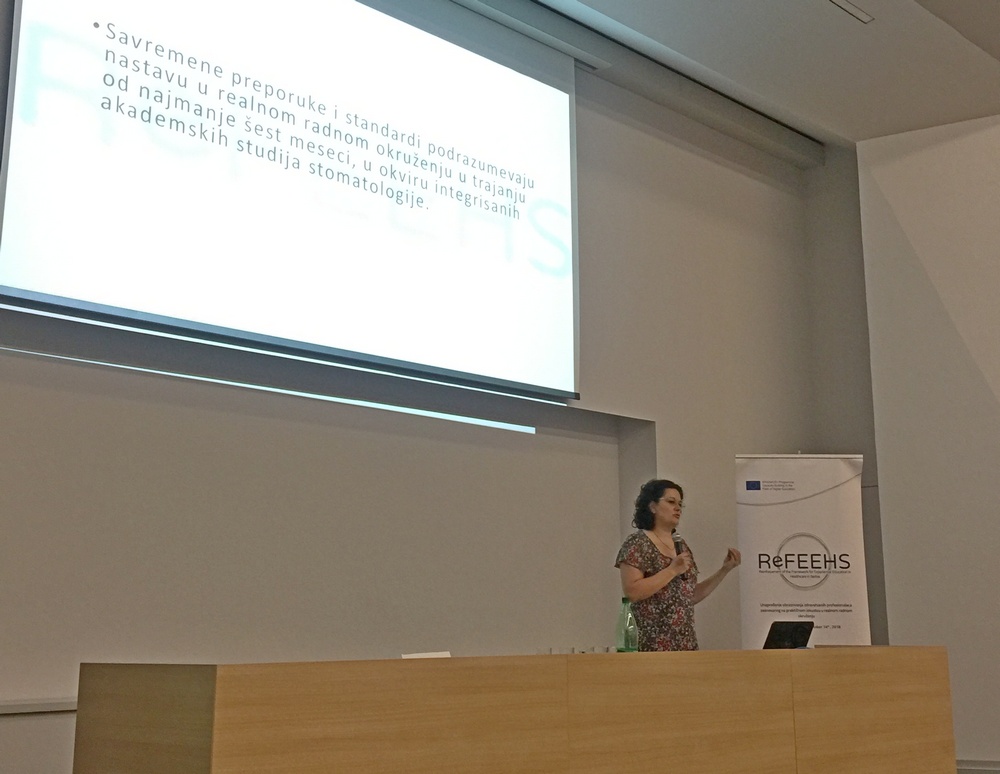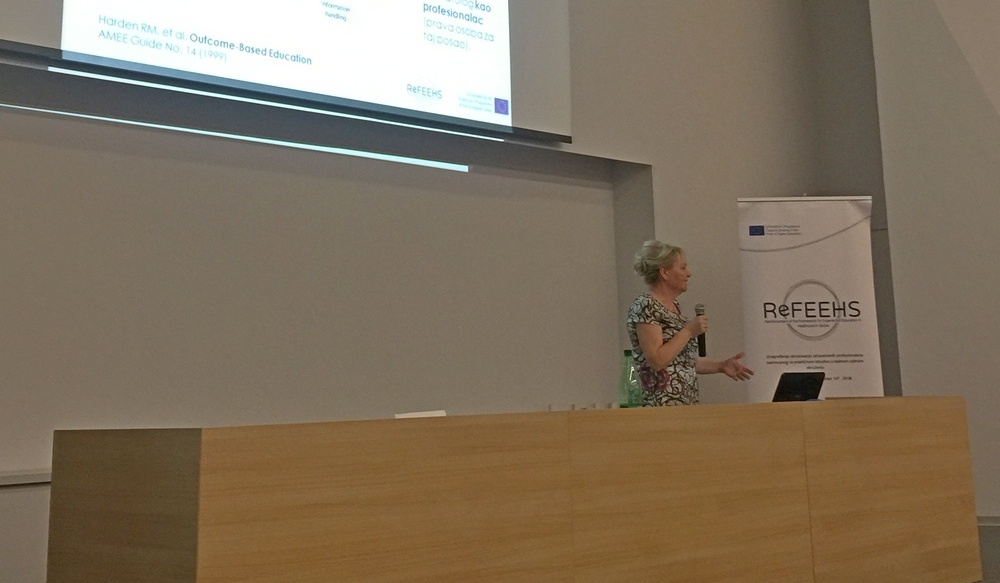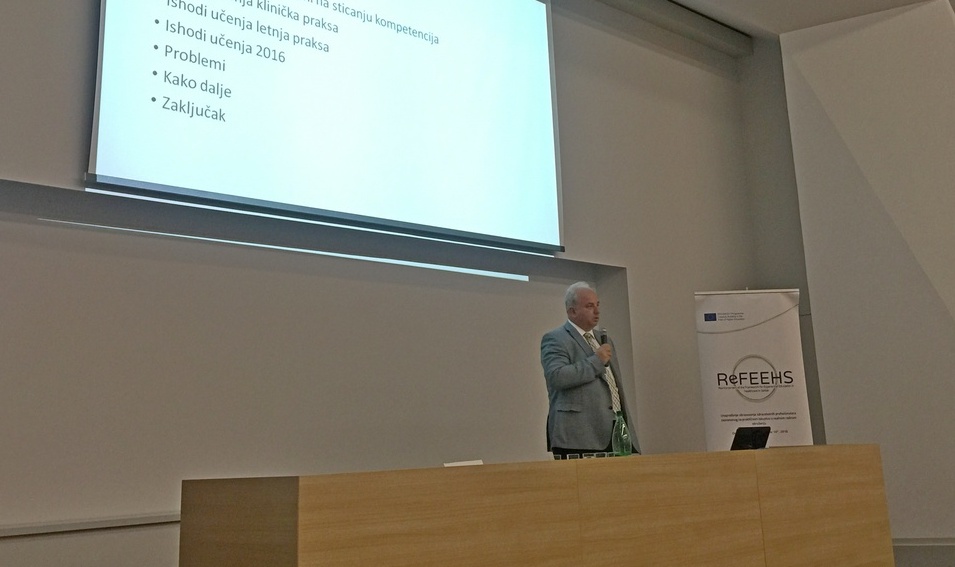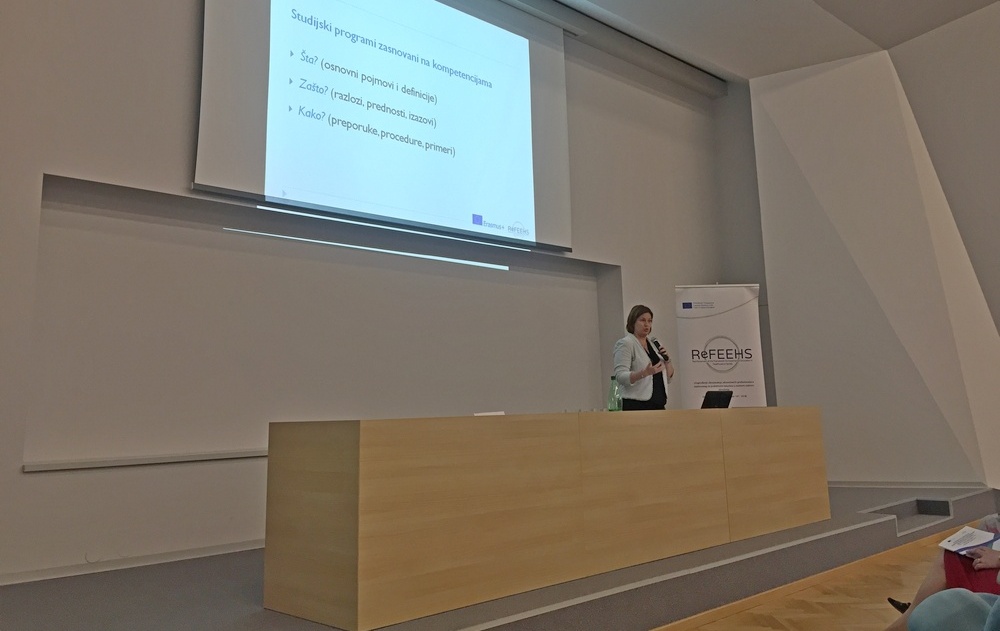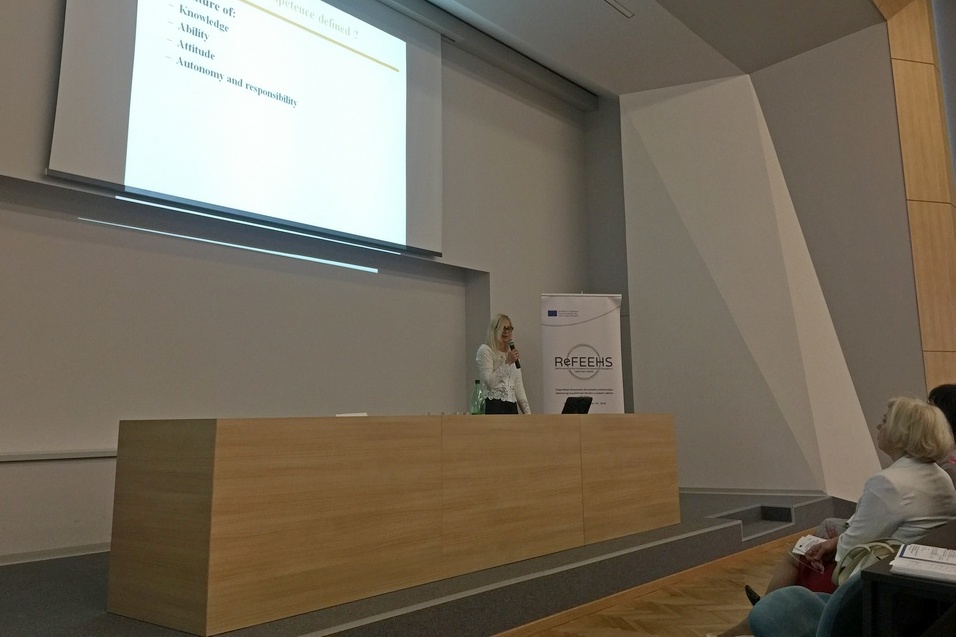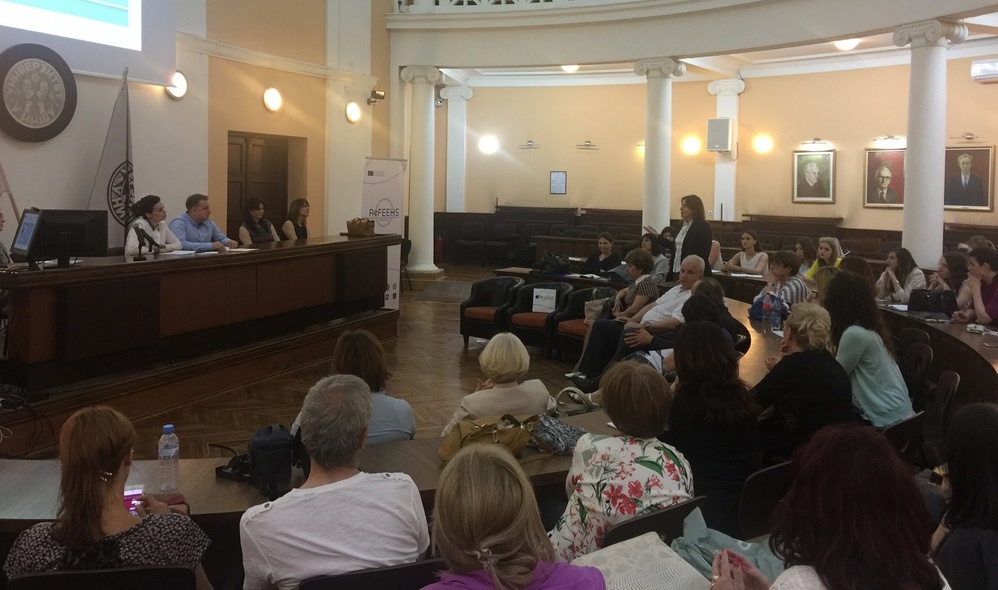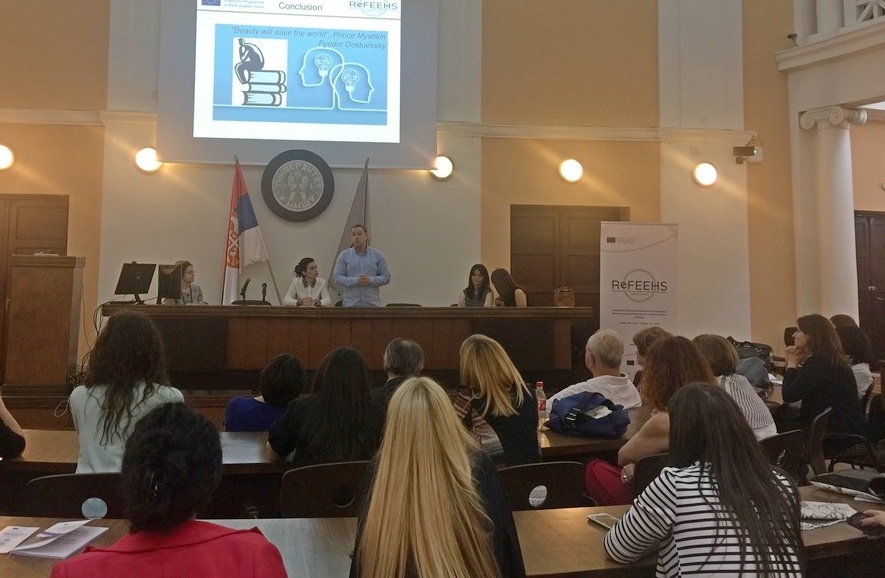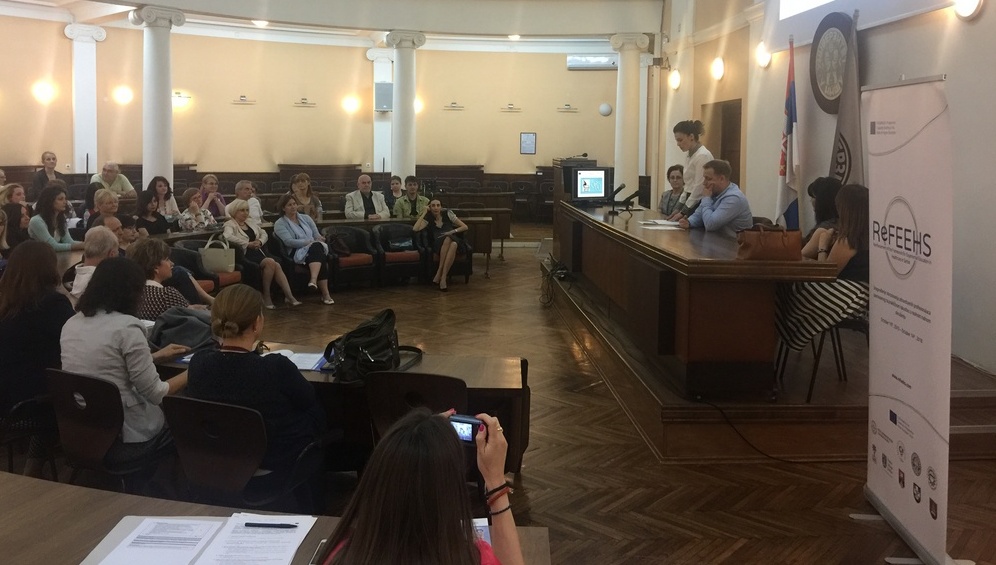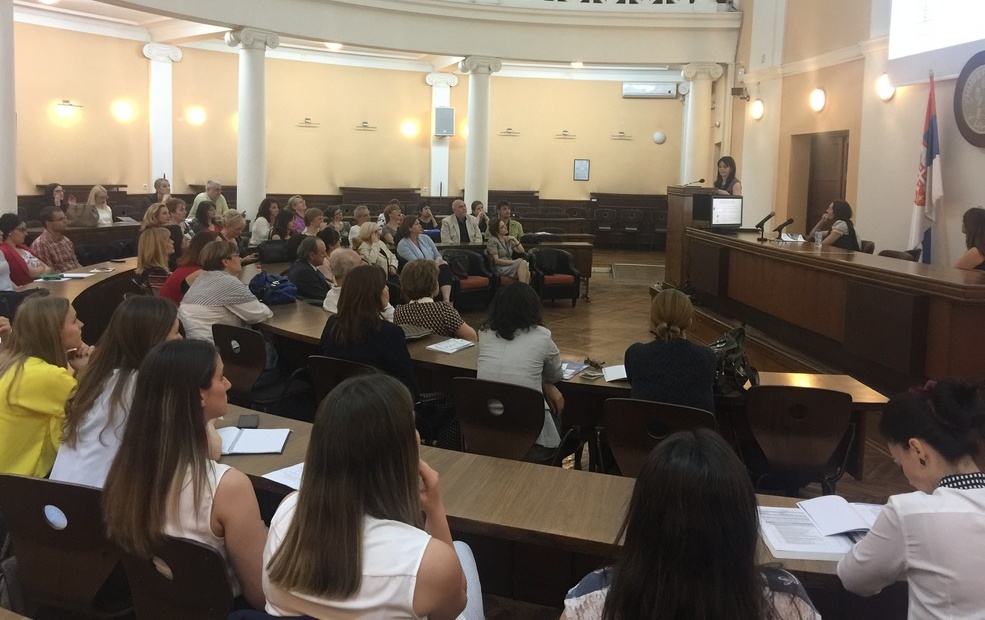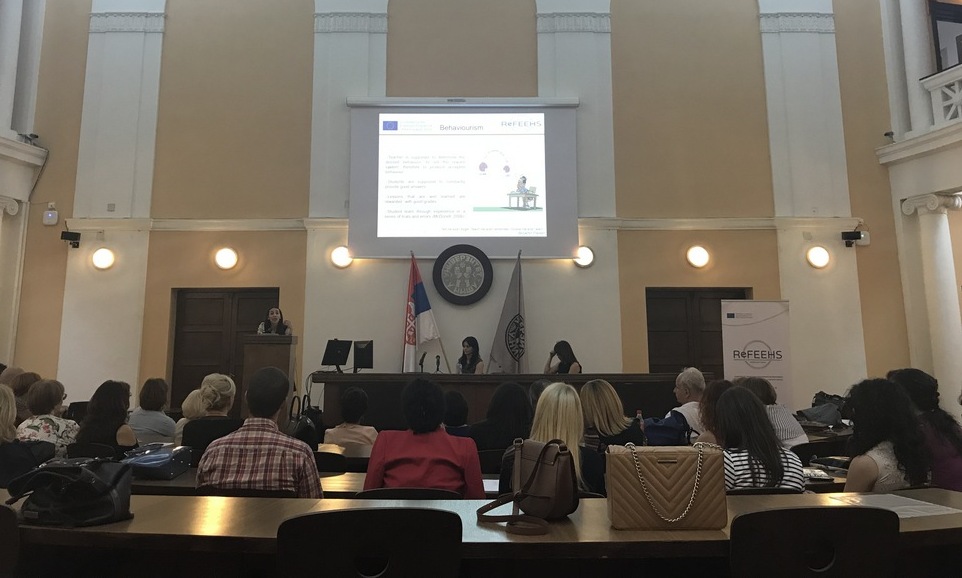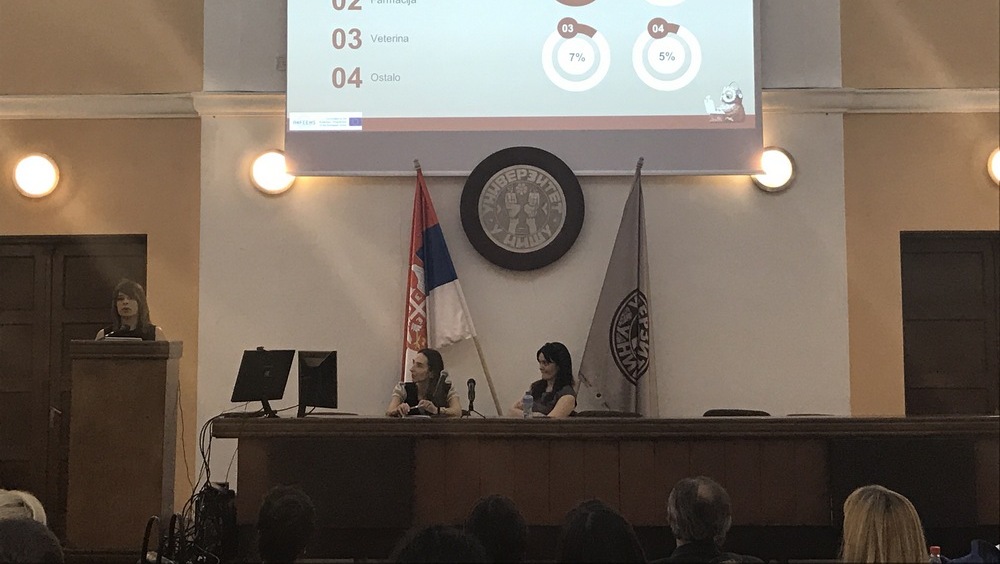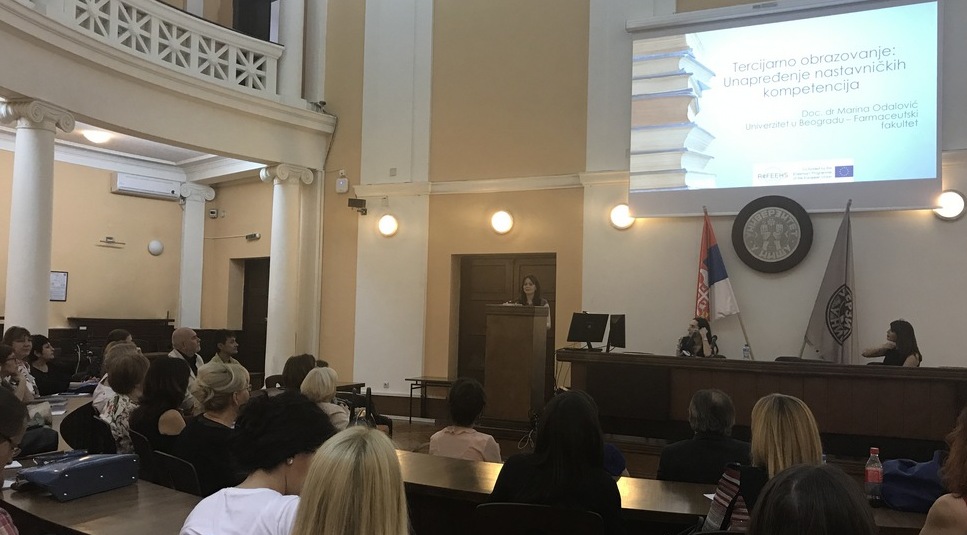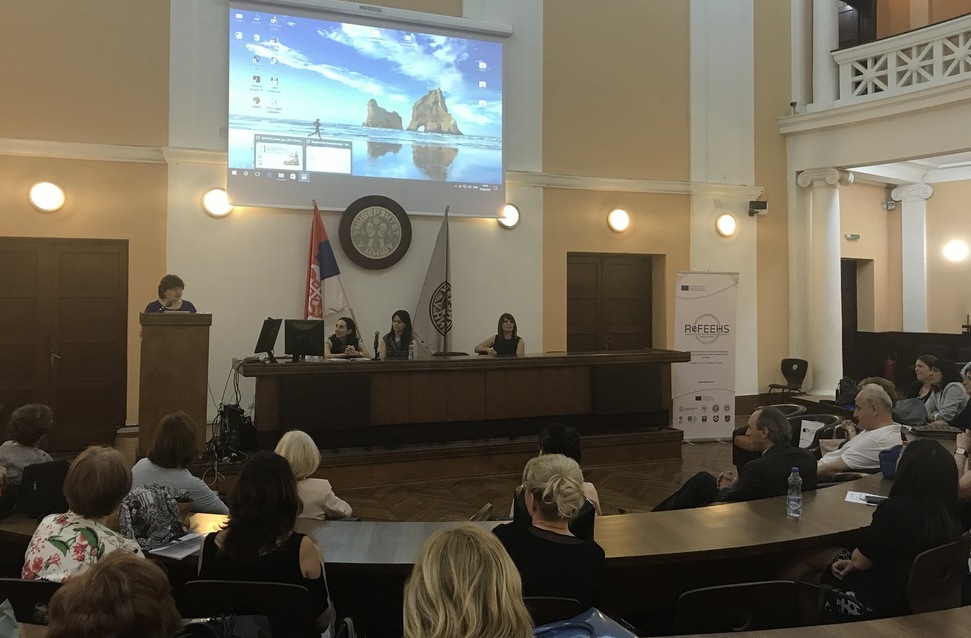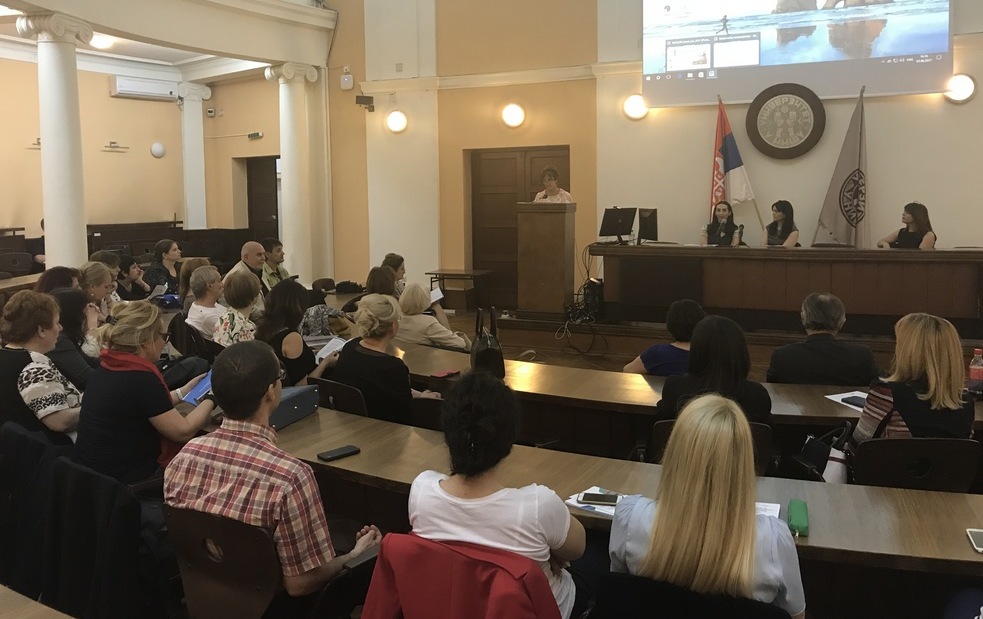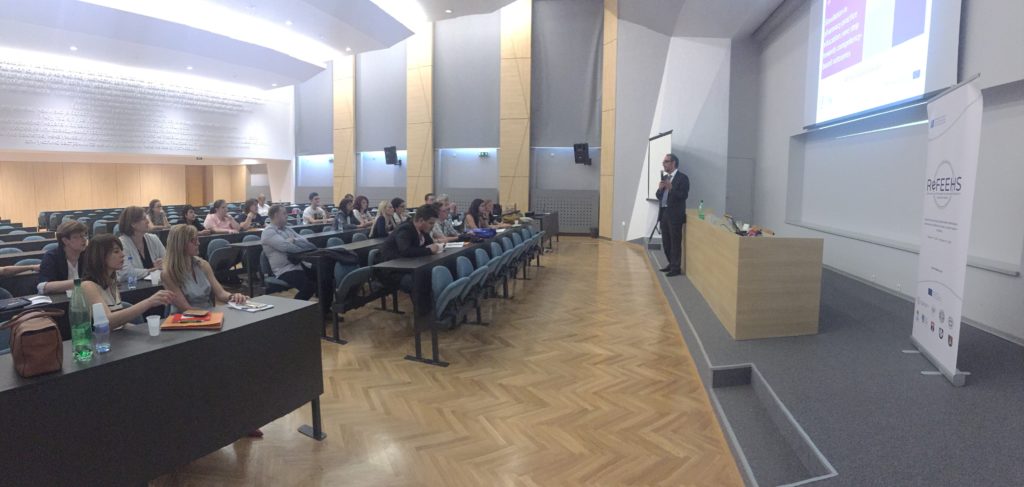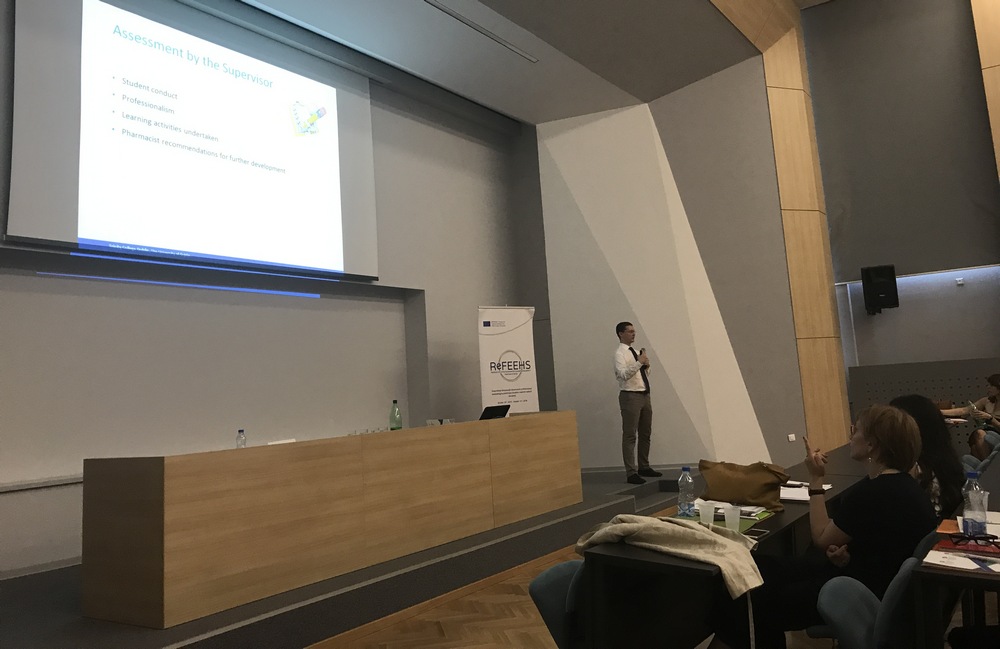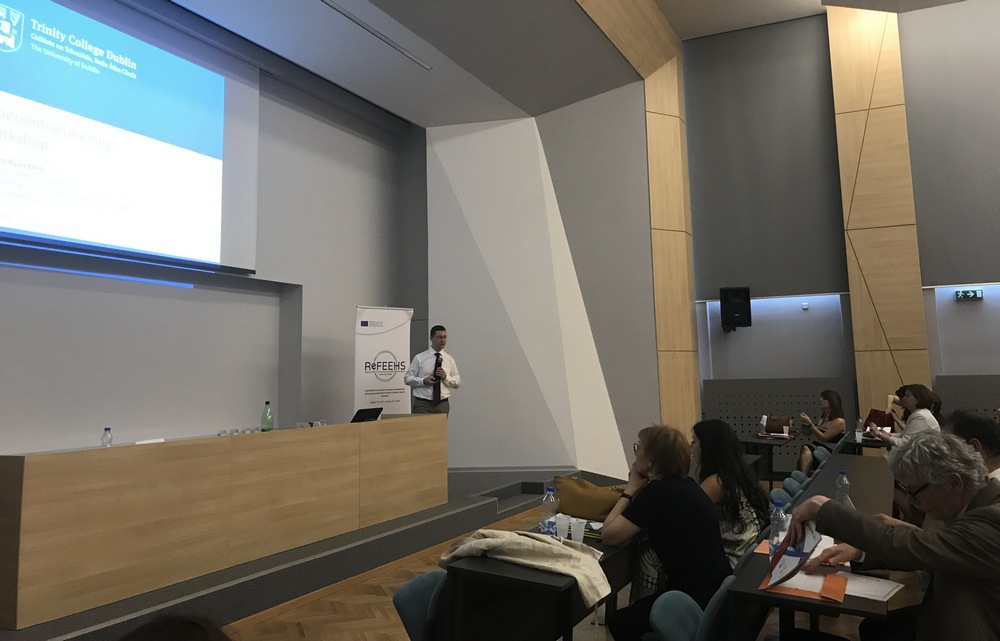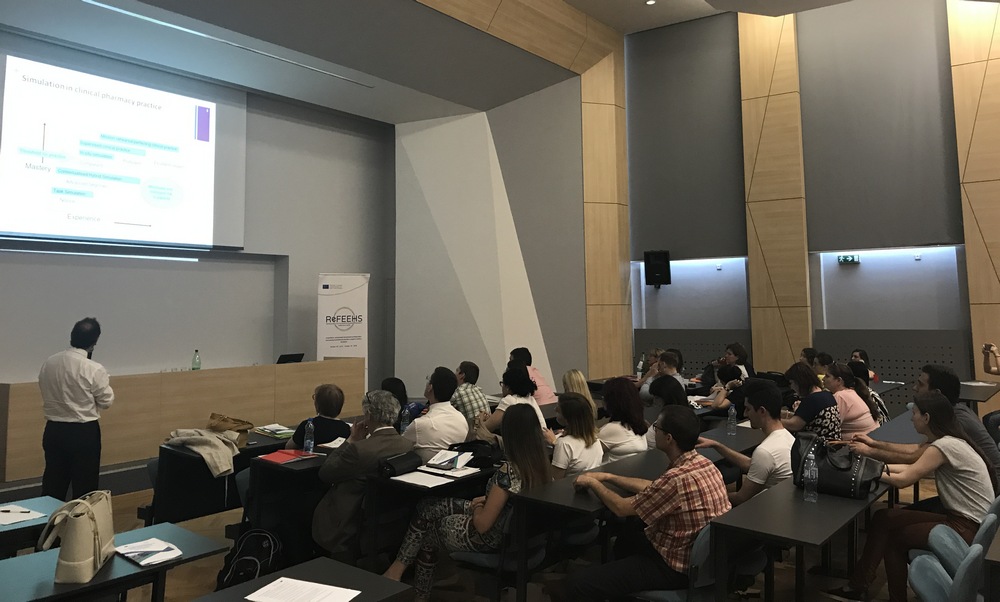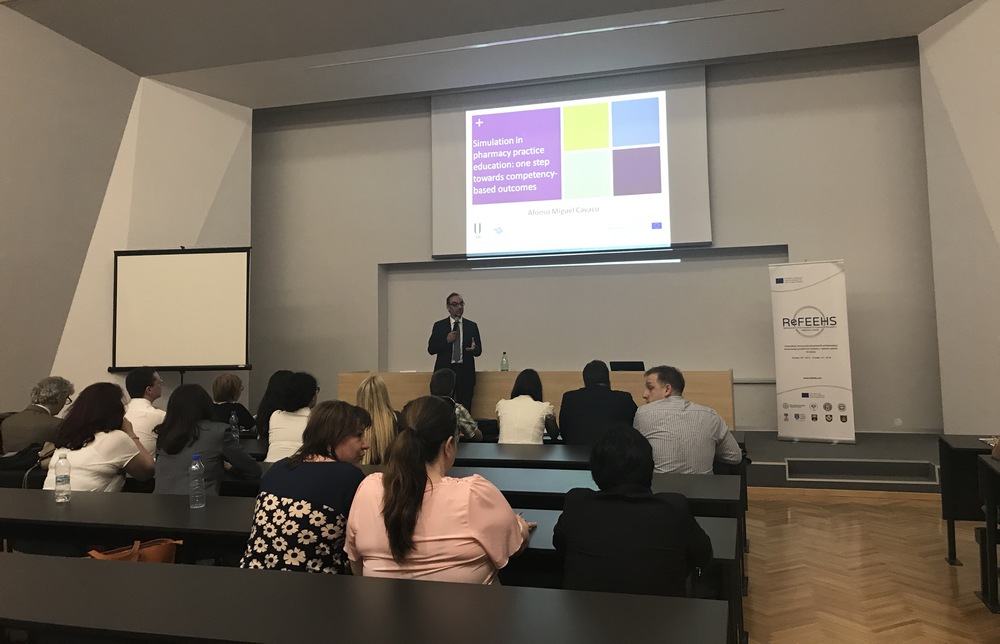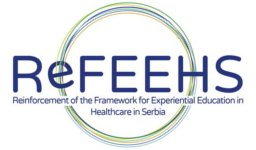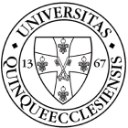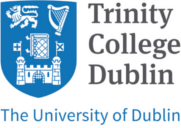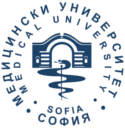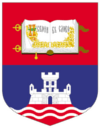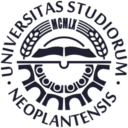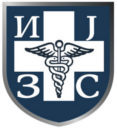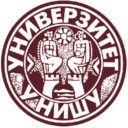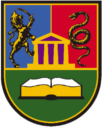ReFEEHS Thematic Workshop 3 (Niš, June 1-3, 2017)

The third ReFEEHS thematic workshop was held at the University of Niš, Serbia, from June 1-3 2017.
ReFEEHS promotion and dissemination activities preceded the main event, with Open Day 2 held at the Faculty of Medicine on June 1st.
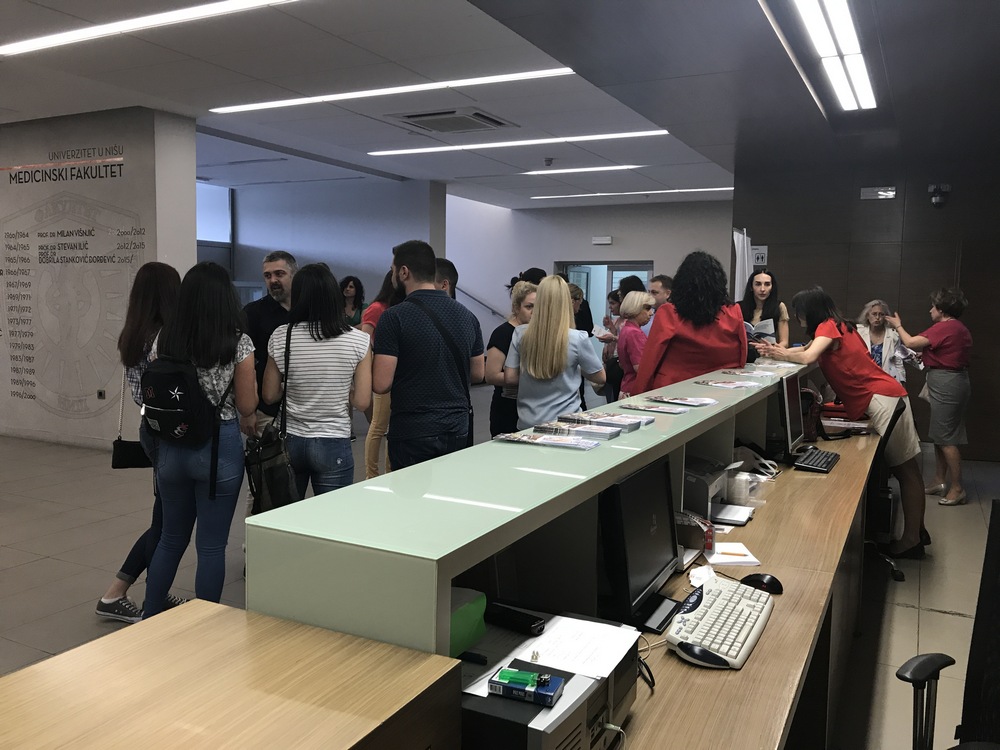
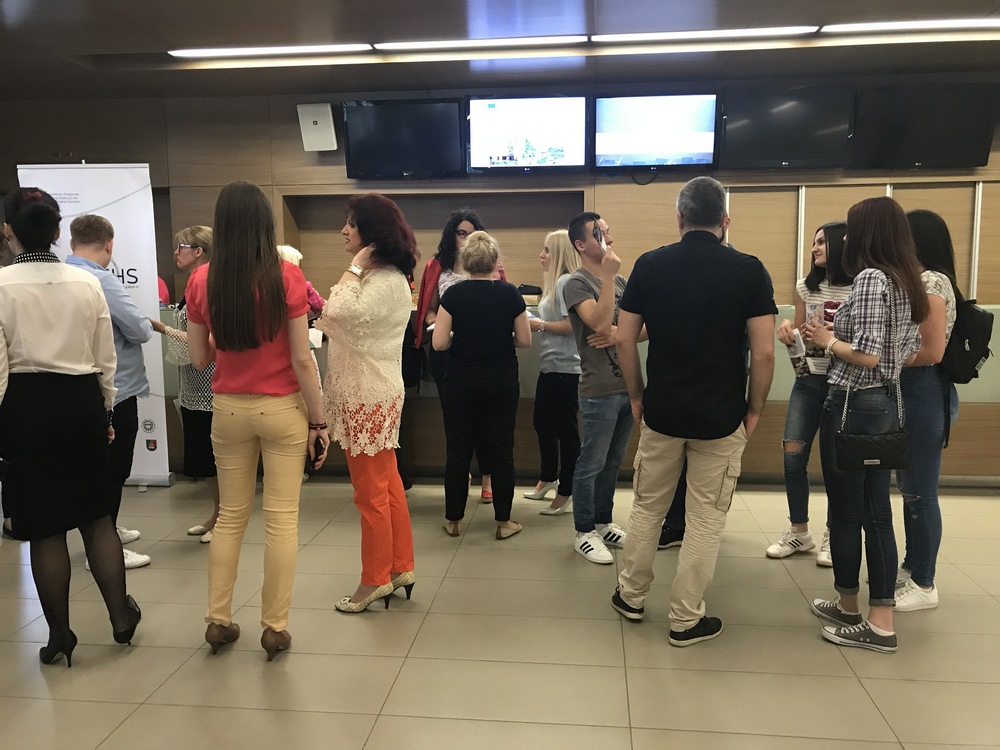
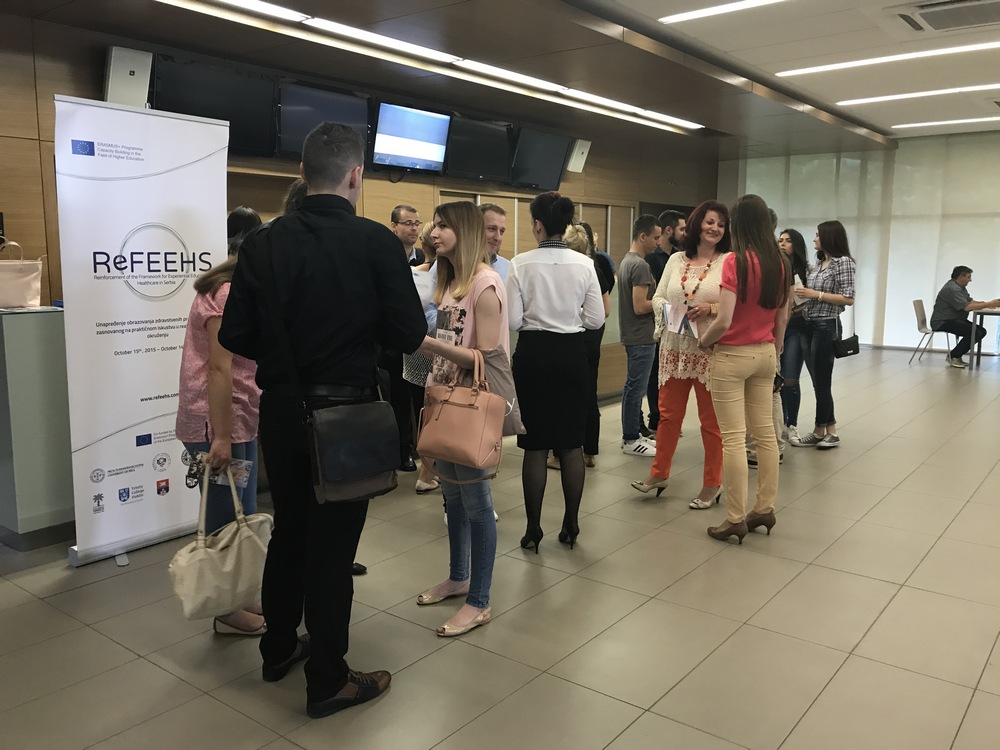
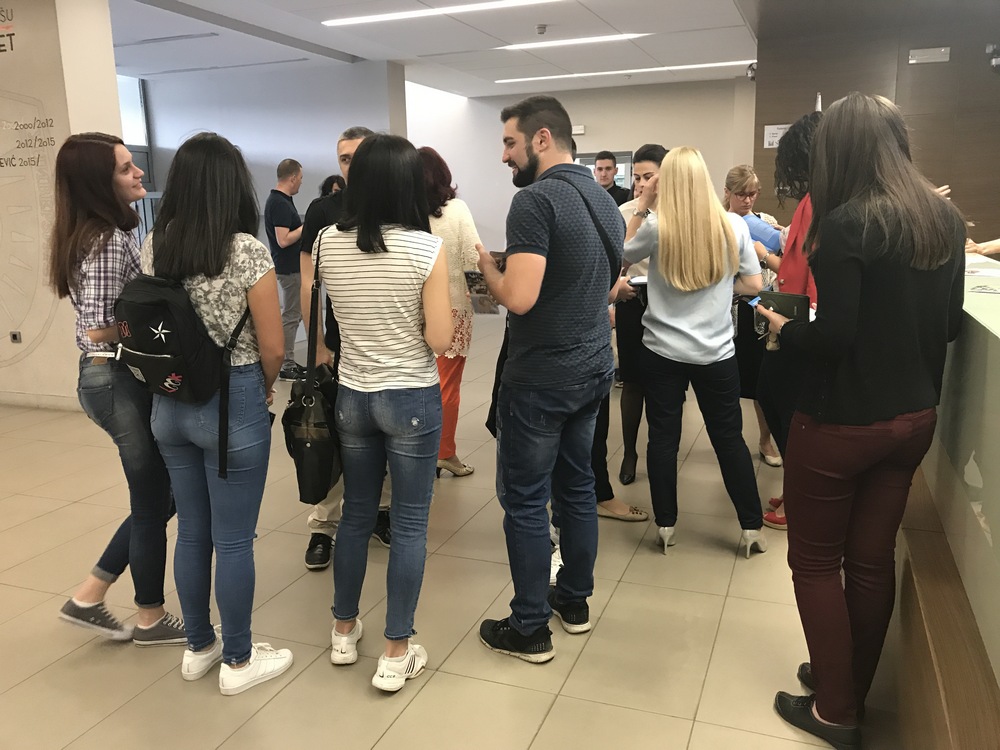
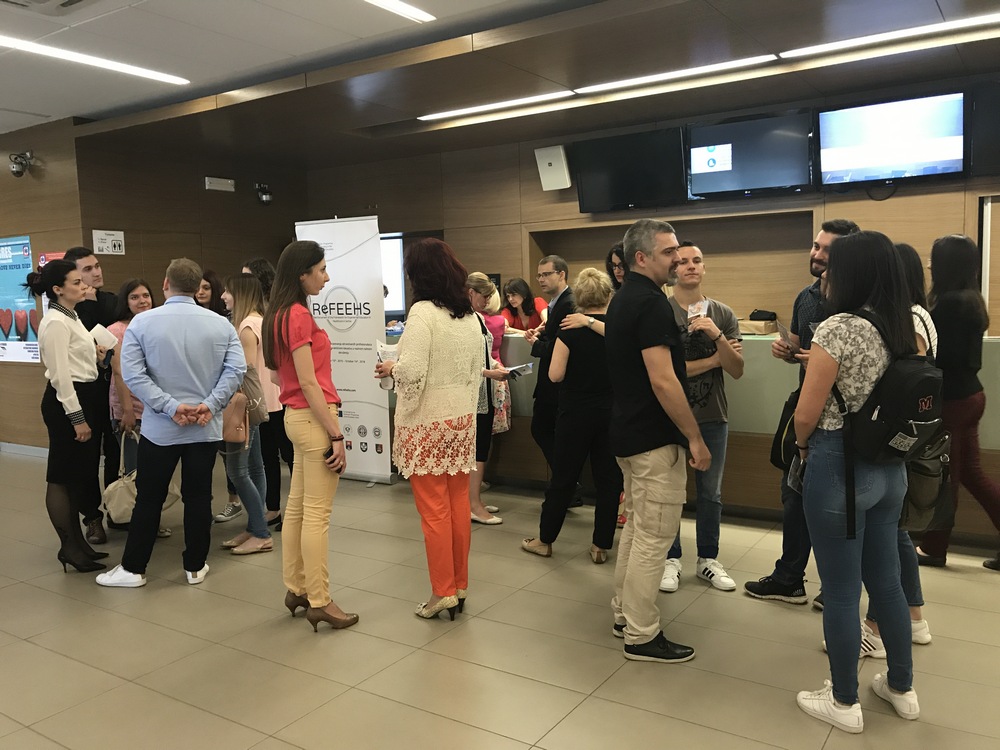
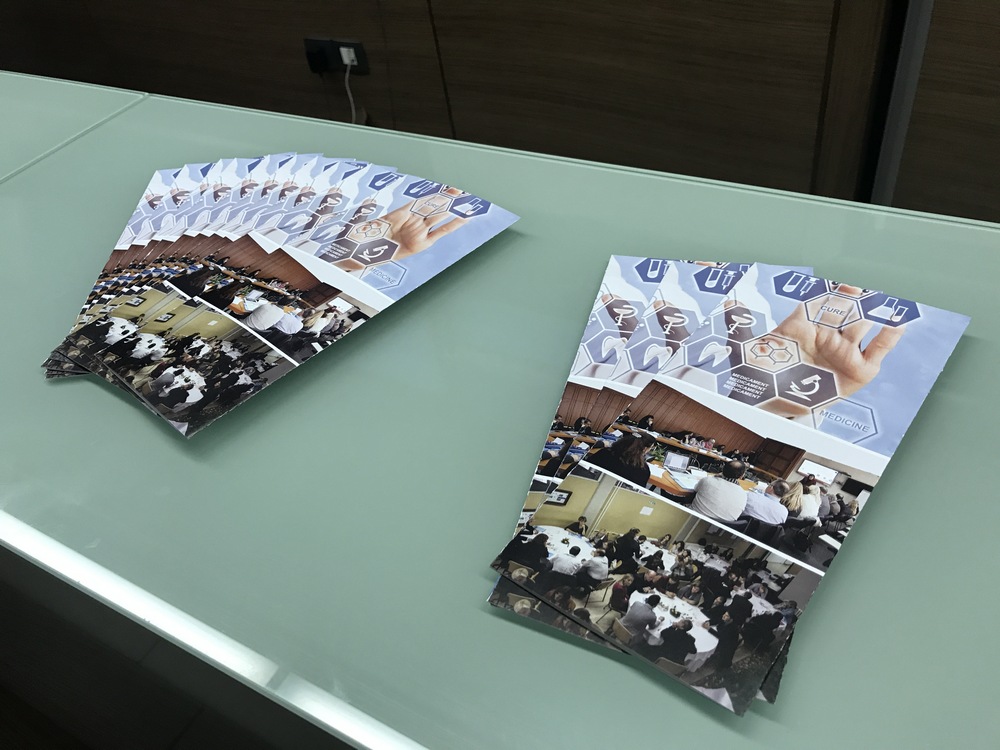

During the three-day programme, many aspects of the competency-based education, curricula and learning outcomes were thoroughly discussed. The introductory ReFEEHS panel was devoted to competency-based medical education and teaching competences development. Colleagues Dragana Lakic, Marina Odalovic and Dijana Stojanovic shared their experience with the participants, as they enrolled in Dundee Medical School Postgraduate Programme in medical education.
The participants had a detailed insight into the characteristics and requirements for the effective EE process. Quality Assurance tools, requirements for EE sites, student and preceptor requirements before any placement were discussed, as well as their duties and responsibilities during the EE. EE assessment types, student feedback and evaluation of the experience were presented, both from Serbian and international partners experience.
Considerable attention has been given to the topic of mentors for professional practice. It was stated that mentors should be prepared for a new role and the challenges that come with it, in terms of competence improvement for providing contemporary education of health professionals.
The necessity for new, competency based curricula in health professions education was explained. Learning outcomes based on acquiring competencies in teaching of medical and dental students in clinical environment, pharmacy students professional practice, and clinical practice of vocation nurses were defined.
Meeting presentations are available below:
- Quality Assurance of Experiential Education – Martin Henman, Trinity College Dublin
- Professional development and challenges in contemporary education of health professionals –Mentors for professional practice – Ljiljana Tasić, University of Belgrade
- The role of competencies in the new health sciences curricula in Hungary – Dora Endrei, Reka Vajda, University of Pecs
- Development of competency based curricula in health professions education – Jelena Parojčić, Marina Odalović, Dijana Stojanović, Danijela Đukić Ćosić, University of Belgrade
- Learning outcomes based on acquiring competencies: teaching of medical students in clinical environment – Petar Bulat, University of Belgrade
- Learning outcomes based on acquiring competencies: teaching of dentistry students in clinical environment – Jovanka Gašić, Jugoslav Ilić, Aleksandra Milić Lemić, Ljiljana Tihaček Šojić, University of Niš, University of Belgrade
- Final clinical course – specific form of experiential education in dental medicine studies – Aleksandra Milić Lemić, Jugoslav Ilić, Jovanka Gašić, Ljiljana Tihaček Šojić, University of Niš, University of Belgrade
- Learning outcomes based on acquiring competencies: pharmacy students professional practice (presentation 1, 2, 3) – Radmila Veličković-Radovanović, Dušanka Krajnović, Ivana Arsić, University of Niš, University of Belgrade
- Learning outcomes based on acquiring competencies: clinical practice of vocational nurses – Vladmila Bojanić, Dušica Stojanović, University of Niš
- Competencies of advanced practice nurses with MSc degree in Hungary – Zsuzsanna Kives, University of Pecs
In total, four workshops were held, with the following topics:
- Assessing medical students’ and nursing students competence before they start to work with patients in a real clinical environment, Prof Vladmila Bojanić
- Objective structured clinical examination: the assessment of the dental students communication skills, Prof Jovanka Gašić
- Simulation in pharmacy practice education: one step towards competency-based outcomes, Prof Afonso Miguel Cavaco, Helenu Marques, Rui Silva
- Assessing experiential education, Dr Theo Ryan
The participants had the opportunity to perceive the OSCE approach in the assessment of clinical competence, and to discuss the main advantages and disadvantages of the simulation in healthcare training. In the workshop dedicated to EE, group discussions were highly encouraged, assessing the health professionals views about the EE process: what competencies they would consider most critical to develop in students on an early experiential placement, how they would encourage interprofessional activities for students on experiential learning (consider early, middle and late placements), how to evaluate a student on placement, etc.
Agenda and Meeting proceedings are available.
ReFEEHS working groups and Steering Committee meetings were held on June 3rd.
See gallery below.
